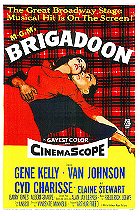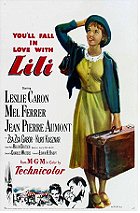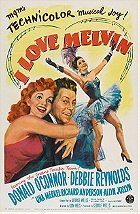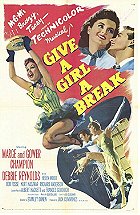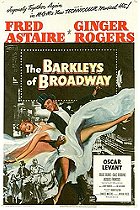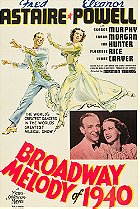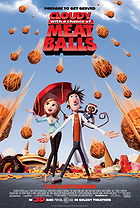The 1950s began and ended with Vincente Minnelli films triumphant at the Academy Awards. An American in Paris won for Best Picture, even if Minnelli was overlooked that year, and launched the acting career of star Leslie Caron. Several year later they reunited for Gigi, the musical adaptation of the Colette novella, and went on to sweep the Oscars.
Gigi feels like a celebration of the individual film’s achievements and more like a career achievement award in disguise. This one is uneven, an overstuffed pastry that makes one wonder why it won it all. It wasn’t like it was a slow year as The Defiant Ones, Cat on a Hot Tin Roof, Some Came Running, Auntie Mame, and The Big Country were all in contention at the ceremony.
There’s plenty to work with in the material, to be sure. Here is the story of a young girl struggling to overcome the patriarchal structures in place of her social order. But it’s also a love story, one with a vaguely creepy veneer, and populated by a largely unmemorable film score. Minnelli’s elegant camerawork and borderline overbearing mise-en-scene and use of color prove exquisite distractions. Although, the film’s most memorable song, “Thank Heaven for Little Girls,” sounds borderline disturbing as sun by Maurice Chevalier’s aging lecher.
Gigi needed something darker, vulgar, something more beyond the frou-frou. The basic outline is that of My Fair Lady, but minus all the grittier aspects and social critique, and the plot essentially reveals itself within the first 15 minutes. We know Caron’s courtesan-in-training will steal the heart of Louis Jourdan’s playboy and domesticate him at the same time, so we’re only left with artifice.
As is, the film is a pastry that leaves you gagging and never gives you a moment’s pause to deal with that. It just keeps shoving it down your throat. But it’s all so lovely to look at. Every frame is a stylish painting that is like mainlining cinematic unreality.
 Login
Login
 Home
Home 95 Lists
95 Lists 1531 Reviews
1531 Reviews Collections
Collections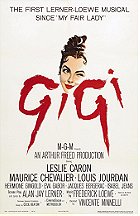
 0 comments,
0 comments, 